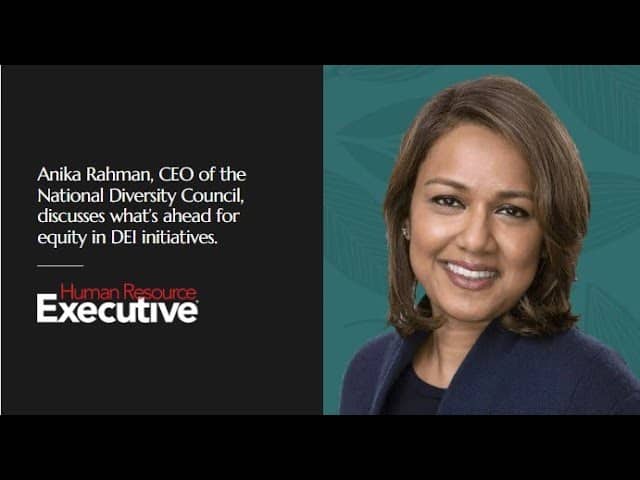The Society for Human Resource Management recently announced it was dropping the word “equity” from its inclusion and diversity strategy, choosing instead to “lead with inclusion.” SHRM noted the move was in response to “societal backlash and increasing polarization” connected to corporate DEI programs, which are increasingly under pressure following last year’s Supreme Court ruling that struck down affirmative action in college admissions.
Related: Corporate DEI isn’t dead. But what will it look like in 2025?
While the SHRM move sparked a firestorm of discussion, it is a debate that has already been playing out across corporate America, with conservative activists arguing that the pursuit of equity has led some employers to give preference to certain workers in hiring and training. Critics have confronted organizations over their DEI policies, Pride Month activities and hiring of chief DEI executives, prompting some companies to pull back on corporate DEI commitments by, for example, disbanding DEI teams and removing DEI metrics from executive pay strategies.
Equity, however, is “where legal compliance resides” and can be fairly measured and enforced, says Anika Rahman, CEO of the National Diversity Council. She points to pay equity under the Equal Pay Act and reasonable accommodations under the Americans with Disabilities Act.
“Equity means making sure a worker with a hearing impairment has the software and tools that they need to do their work,” Rahman says.
Rahman recently sat down with Human Resource Executive to discuss equity’s role in connection with inclusion and diversity and the future of this concept in corporate DEI.
Credit: Source link









![The 9 Building Blocks of a Business’s Organizational Structure [With Diagrams] The 9 Building Blocks of a Business’s Organizational Structure [With Diagrams]](https://www.hubspot.com/hubfs/business-building-blocks-1-20250109-2858404.webp)

